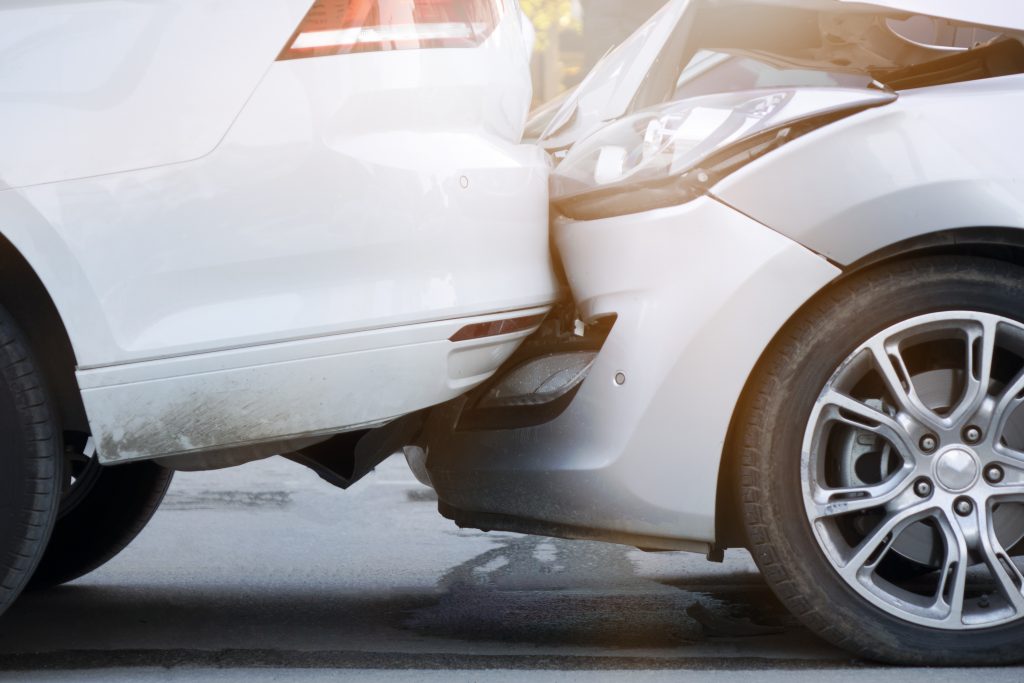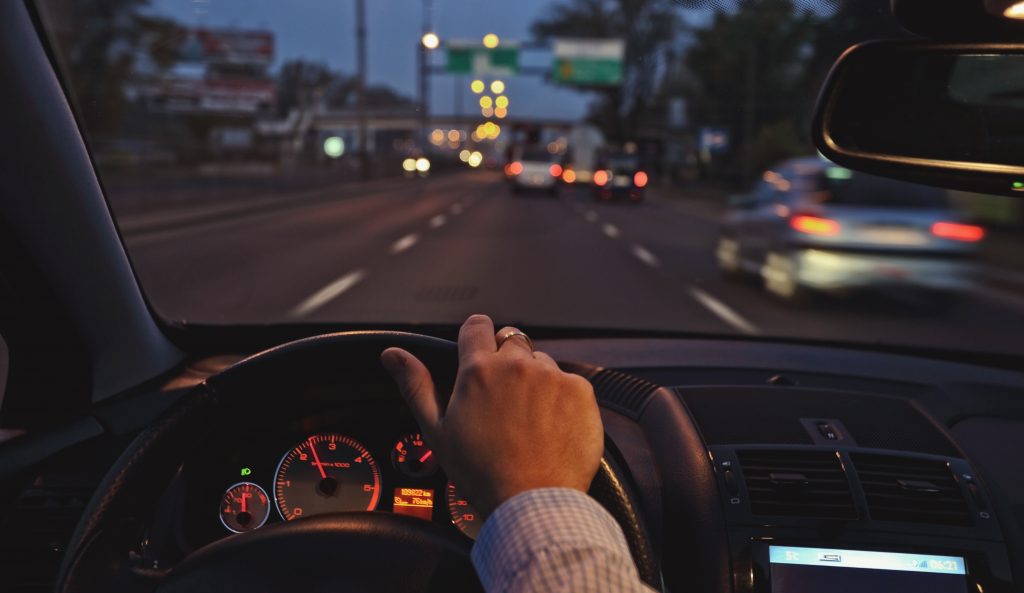
Traffic collisions are one of the most common vehicle crashes in Florida. The National Highway Traffic Safety Administration considers collisions as motor vehicle crashes and not “accidents,” because the usual cause of what could have been a preventable collision is driver error. Unfortunately, no matter how careful of a driver you are, it won’t guarantee your safety on the road as there is always a possibility that you or another driver can cause a traffic collision.
Being involved in a collision can be dreadful. Apart from damage to your car or any surrounding property, you can also acquire personal injuries, which can affect your daily life. If you find yourself involved in a traffic collision leaving you with major injuries, you need to get in touch with a personal injury attorney like the ones at Fine, Farkash & Parliapano, P.A.
While Florida is a “no-fault state,” which means each party must seek compensation from their own insurance policies, you can still demand compensation from the negligent party, especially if you suffered serious injuries. To increase your chances of avoiding such collisions, you may want to know the common causes of traffic collisions like the ones listed below:
1. Distracted Driving
Driving is an activity that requires a high level of concentration. You have to be aware of your surroundings – this includes the whole 360 degrees surrounding your car. Being aware of your surroundings helps keep you safe when you make a turn, overtake, or drive straight ahead.
With the constant development of technology, various accessories can be installed and used inside the car. Some of these, like a GPS and a dashcam, are helpful. However, they can also be distracting, especially if you make a mistake in paying more attention to them than on the road.
You can be taking a peek at the GPS for directions, and the next thing you know, your car has collided with another vehicle. Other activities that can distract you include texting, putting on makeup, singing along to the radio, reading, and talking while driving. Your best defense in staying safe on the road and avoiding distractions is staying focused solely on the task at hand – driving.
2. Driving Under The Influence
When you drive, you have to be in good shape, as this involves making decisions when it comes to directions and following traffic rules. If you have a medical condition that needs to be treated by certain medications, you have to ensure that these medications have no side-effects that can affect your driving. Otherwise, you may find yourself involved in a traffic collision.
Driving under the influence (DUI) also includes those whose driving is affected by alcohol or any other substances such as drugs, both legal and illegal. A DUI can lead you to a collision and also suspend your driver’s license, giving you a bad driving record. Avoid consuming alcohol or any substance that can affect your driving in any way.
If you need to attend a party with someone where consuming alcohol is inevitable, it’s best to assign a driver who will not drink to take you home; otherwise, consider calling a taxi or booking a ride-sharing company.
3. Breaking The Speed Limit
Speed limits differ depending on where you’re driving, and what kind of road you’re on. While you may feel the need to go over the speed limit, especially if you’re running late, you have to bear in mind that you share the road with other people – some even have their family in the car with them. You must follow the speed limit in your area, as speeding can lead to traffic collisions.
Speeding is also the second most common cause of a collision. When you’re driving past the speed limit, there’s a high possibility that you will collide with another vehicle due to the slower reaction time that you have. No matter how tempting it may be to step on the accelerator harder and arrive at your destination in a short period, it’s never worth the risk.
4. Poor Driving Conditions
You drive best when the road, weather, and lighting are also at their best. However, the weather isn’t always predictable. What you expected to be a sunny day can turn into a thunderstorm, and this can affect the road that you drive on as well as your driving.
Snow and rain can make the road slippery and more prone to traffic collisions. In case of rain or snow, take extra precautions, and avoid speeding. The same thing applies to driving at night.
Conclusion
There are several causes of traffic collisions, such as distracted driving, DUIs, speeding, and poor driving conditions. Learning these causes can help you think about what you can do to avoid them. In the unfortunate incident that you do find yourself in a traffic collision, it’s best to talk to a personal injury attorney to get the compensation you need.
Remember that when you’re on the road, you’re responsible not just for your life, but also for others’ lives. So, always observe safe driving practices and be aware of your surroundings to prevent traffic collisions.

